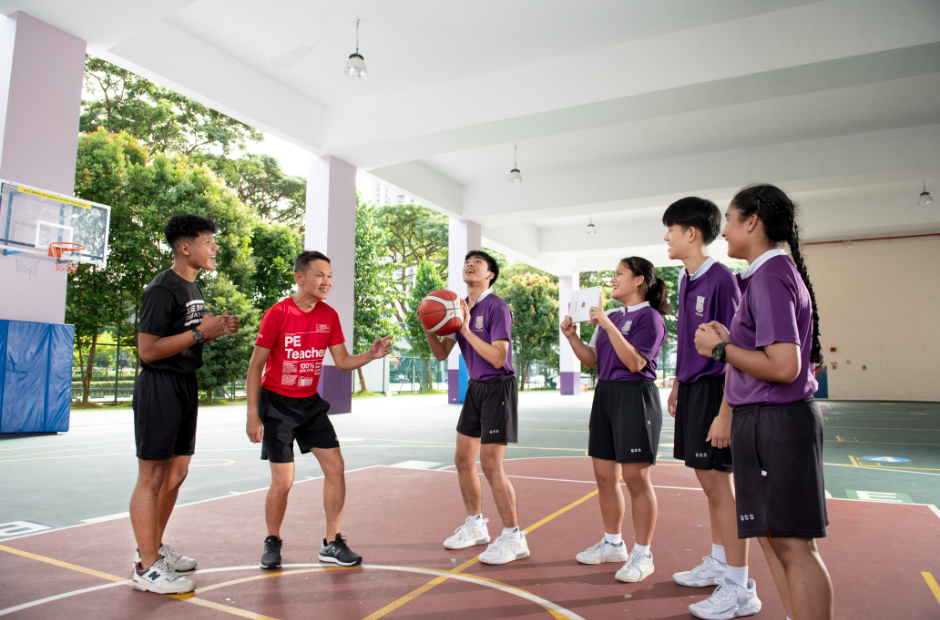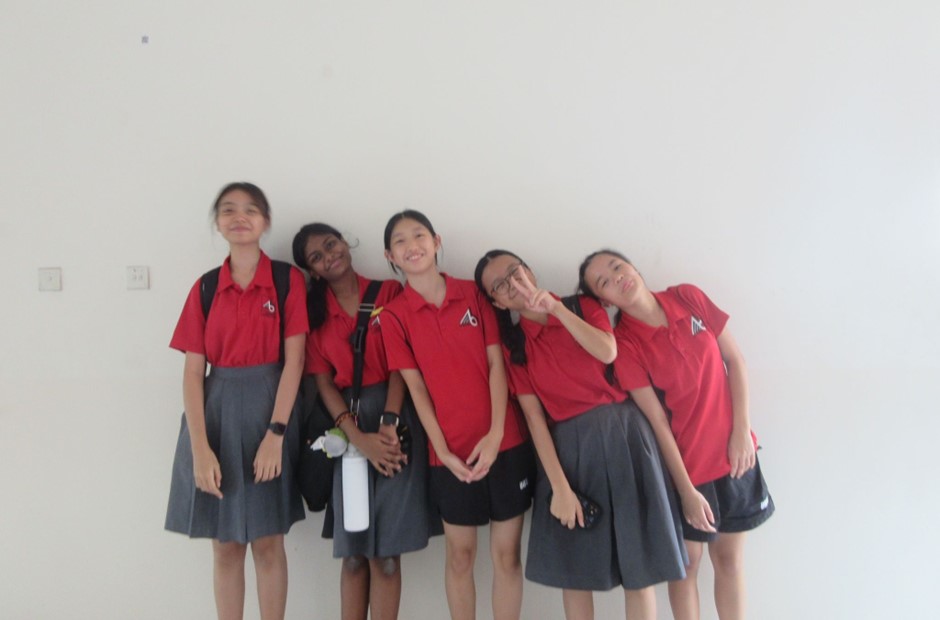Three years back, I went to do my master’s degree. At 45, I was probably the oldest student in the class. I was juggling schoolwork and raising four children – two teenagers and a pair of six-year-old twins. It was really challenging.
At one point, I felt like giving up. Then, I realised I had to set a good example for my children. They saw the late hours I put in – they saw me struggling. That’s when my sense of resilience and tenacity kicked in. I told myself I could not give up.
When I graduated, the feeling was great. It was a good lesson on resilience that I shared with my family. When you feel like giving up, that’s when your sense of resilience and tenacity must kick in – and you say, “I cannot give up. I must make it through this.”
I think this attitude of not giving up is very important for us to model to our children – whether at home or in school. When it comes to resilience, parents need to examine what type of messages they are sending their kids.
Take sports, for instance. When parents fault the coach for not selecting their child, or when coaches criticise the referee for being biased, the student goes away with the mentality that he’s a victim – that this is out of his control.
But we need to turn the conversation around and ask children, “Look, what are the things you can control? Is it about training harder? Improving your strength? What are the things you can do to overcome failure?”
Failure is good if we learn from it. That’s when tenacity and resilience comes in.
In the classroom, when students fail a test, we tell them not to blame it on the teacher or how difficult the paper was. The locus of control must be themselves.
When I talk to parents and coaches, I remind them that this is something they really have to watch out for. Especially in competitions, I don’t want to hear anyone saying it was all luck of the draw. The more children hear things like that, the more they will use such excuses, which does nothing to build their sense of resilience.
Last year, we organised a mini obstacle race in school. All the students, from primary one to six, had to take part.
It was heartening to see the confident boys help those who were afraid. For one obstacle, students had to climb cargo nets – up and over a two-metre tall structure. For primary school kids, that’s quite high.
Most of them had no issues climbing up, but at the highest point, some kids had a change of heart. That’s when students, who had crossed the obstacle, climbed back up to encourage their friends.
In the end, every student finished the obstacle course and got a medal. They were proud of it.
As a group, they learnt about supporting each other. As individuals, they learnt to say, “I don’t want to give up. I will do this.”
Students learn similar values at adventure camps. We often have conversations with parents to help them understand why outdoor education is important.
When parents say they don’t want their kid to go for the camp, we dig deeper to understand the reason.
Once, it was because the P5 pupil had a fear of heights. The parents didn’t know. They just heard their son saying he didn’t want to go.
We didn’t insist that the child had to attend the camp, but I’m glad we did our best to persuade the family to trust us.
In the end, the boy completed the high element activities with the support and encouragement of his teachers and classmates. When he came down, he wanted to do it all over again.
When we talk about nurturing resilience through sports or outdoor education, it’s not only physical resilience but also mental resilience.
It’s not only about learning a skill, but also about learning to work in teams. More importantly, it’s about teaching students to ask themselves, “When things get tough, do I just give up and quit, or do I forge on?”
Mr Wilbur Wong is the Principal of Montfort Junior School. He was Principal of Telok Kurau Primary School from 2005 to 2013, after serving the school as Vice Principal.



.jpg)


